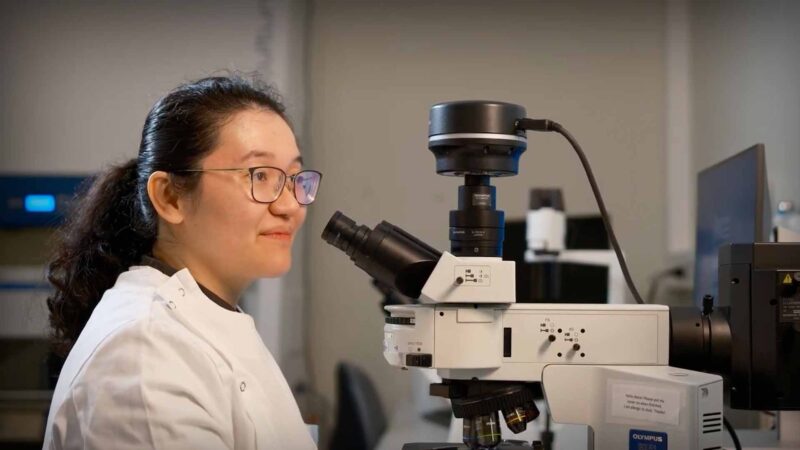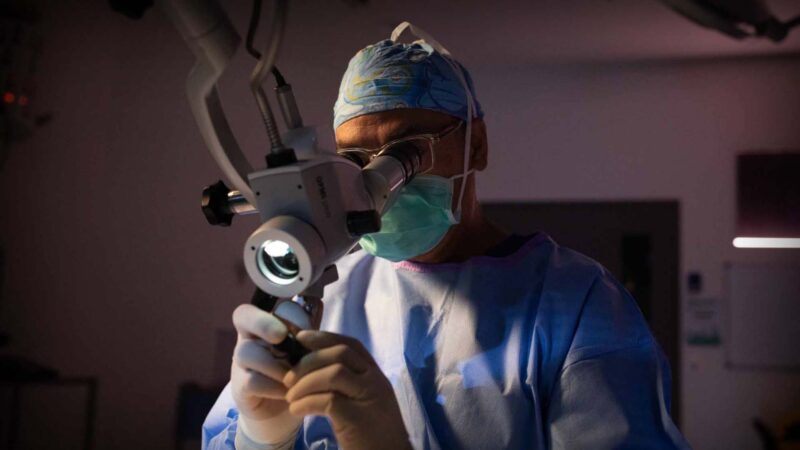RELATIONSHIP BETWEEN LANGUAGE-LITERACY SKILLS AND MENTAL HEALTH
RESEARCHER PROFILE (Filmed April 2024)
Associate Professor Amanda Neil
Select Foundation Principal Research Fellow
Menzies Institute for Medical Research
University of Tasmania &
Health Economics Lead,
Alive National Centre for Mental Health Research Translation
Australia
A/Prof Amanda Neil is a Select Foundation Principal Research Fellow, Menzies Institute for Medical Research, and the health economics lead for the ALIVE National Centre for Mental Health Research Translation. Amanda commenced work in the field of health economics in 1991, and has worked in academia, government and for industry. She was a Member of the Pharmaceutical Benefits Advisory Committee Economics Sub-Committee between 2000 and 2007.
Since commencing at Menzies in 2013, Amanda has established a research program focused on health services and systems, including innovative funding mechanisms and service provision within Tasmania. In 2019, Amanda established the Menzies Mental Health and Wellbeing Research Group to support university and sector wide mental health research in Tasmania. These efforts now include a collaboration with the recently established Tasmanian Centre for Mental Health Service Innovation, including on the current project.
In an innovative move towards enhancing mental health services, Associate Professor Amanda Neil and team, supported by the RHH Research Foundation, are undertaking a crucial study on language-literacy skills of patients within mental health care settings. This year-long project, which commenced in April 2024, seeks to unravel to what extent, where and for whom language-literacy skills are being considered in Tasmanian mental health service provision.
The current project is one Amanda is very passionate about, given her own experience as the mum of a child who experienced significant delays in learning to speak, read and write. This experience leading to her involvement in the 2017 and 2018 Heart of Literacy Symposiums led by 2017 Tasmanian of the Year, Ms Rosalie Martin. Subsequently, A/Prof Isabelle Bartkowiak-Theron, Tasmanian Institute of Law Enforcement and Amanda received philanthropic funding to establish a research program on language-literacy as a social determinant of health and a pathway to resilience and desistence. The current project is extending this foundational work into the domain of mental health service provision.
You Might also like
-
Metabolic phenotyping, lipidomics & bioinformatics in dementia
Dr Luke Whiley is a dementia researcher whose work focuses on understanding how the body’s metabolism, particularly the biology of fats known as lipids, influences our health throughout ageing.
His research explores how the body responds to illness, lifestyle, and environmental stress at a chemical level, and how these responses shape longterm disease risk. Using advanced blood-based measurement technologies, Dr Whiley studies thousands of small molecules at once to build a snapshot of a person’s metabolic health. By combining these measurements with data science approaches, his work identifies biological pathways that become disrupted in disease, providing insight into why some people are more vulnerable to conditions such as dementia.
-
Tyrosine Kinases in cancer recurrence
Dr Yu Yu leads the Oncology and Gynaecology Research Program at Curtin Medical Research Institute . Dr Yu is also a senior research fellow at Curtin Medical School.
Dr Yu Yu’s laboratory is working on better ways to treat cancers, particularly ovarian cancers which are resistant to conventional chemotherapy. The aims are for better informed treatment choice and reducing unnecessary exposure to ineffective chemotherapy and its potential adverse effects.
-
Indigenous Australian health and ear disease
Professor Kelvin Kong feels incredibly fortunate to lead a fulfilling life surrounded by his loved ones. With a demonstrated history of service in the health industry, he brings a wealth of expertise across various sectors including clinical research, medical education, surgery, paediatrics, health policy, and Indigenous education. Kelvin started his university, residing at New College in 1992, which brings him fond memories. Graduating from medicine from the University of NSW, Kelvin continued his studies and became a fellow of the Royal Australasian College of Surgeons (RACS) and Australian Society of Otolaryngology, head & neck Society (ASOHNS).



